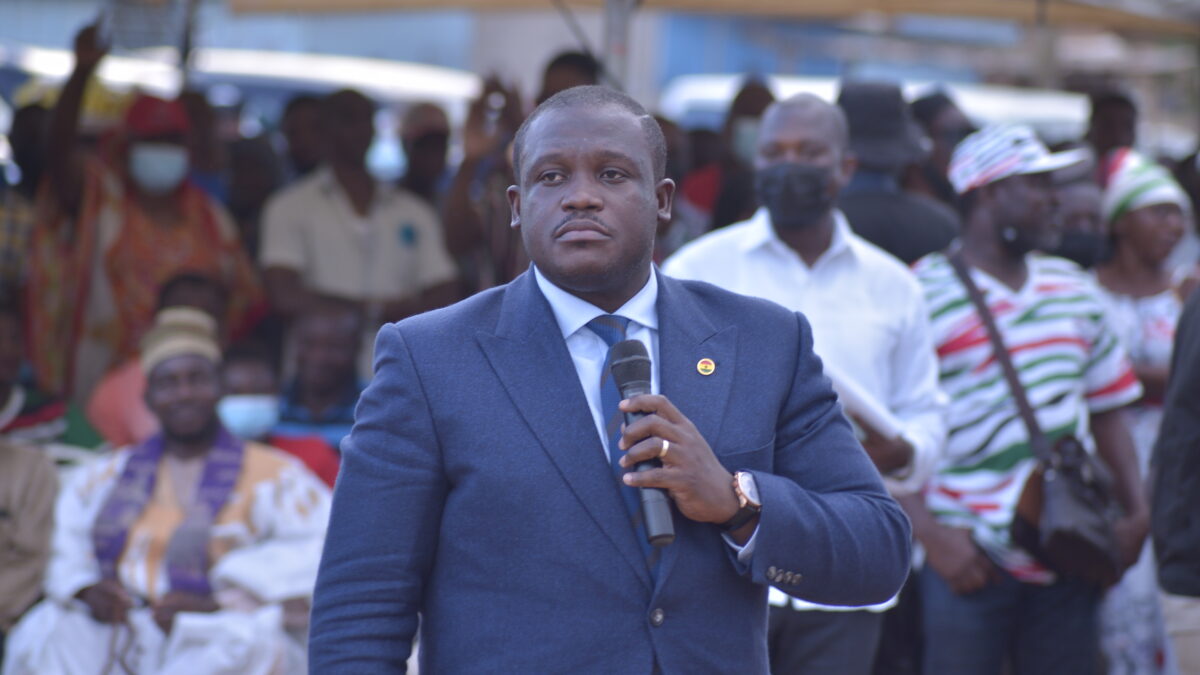info@cdsafrica.org
Ghana’s Digital Crossroads: Democracy, Dissent, and the Battle for Online Freedom

Ghana’s Digital Crossroads: Democracy, Dissent, and the Battle for Online Freedom
In recent years, Ghana’s digital landscape has rapidly expanded, with growing internet penetration, mobile phone usage, and social media engagement reshaping how citizens interact with the state and participate in public life. With internet penetration now exceeding 70 percent, platforms like X (formerly Twitter), WhatsApp, Facebook, and TikTok have become key arenas for political discourse. This raises an important question: are Ghanaians becoming more democratic through digital engagement? While the internet has created unprecedented opportunities for participation, accountability, and mobilization, the Freedom on the Net 2024 report warns of mounting risks from state overreach, censorship, and surveillance.
Ghanaians have increasingly leveraged digital tools for civic action. Online-born movements such as #FixTheCountry and #OccupyJulorbiHouse sparked nationwide debates on governance, unemployment, and economic hardship, often spilling offline into physical protests that compelled government responses. Youth-led activism has fueled a more politically conscious public, with creative use of memes, videos, and infographics to demystify policy, expose corruption, and challenge entrenched political narratives. This expanding digital consciousness has broadened participatory governance, historically dominated by elite voices.
Yet, the government’s response to this empowered digital space has been mixed. Ghana maintained a score of 65/100 in the 2024 Freedom on the Net index, remaining “Partly Free.” While stable, this rating reflects ongoing challenges. The report cites credible accounts of coordinated online influence efforts, including the use of paid commentators to steer social media narratives. Government officials have also been accused of blocking critics online, an act that undermines open debate. Laws such as the Electronic Communications Act (2008) and the Cybersecurity Act (2020), designed to combat misinformation, have in some instances been used to arrest individuals for vaguely defined offenses like “publishing false information,” creating a chilling effect on free speech.
Digital rights face further strain from the state’s growing use of surveillance tools. Expanding biometric databases, facial recognition CCTV networks, and SIM card registration requirements have raised concerns about privacy and potential abuse, particularly in the absence of independent oversight. The report also notes that online harassment remains a serious problem, disproportionately targeting women, journalists, and activists. Victims often face barriers in seeking justice, leading to self-censorship.
Despite these concerns, Ghana’s civil society has shown resilience. Initiatives like the Ghana Fact-Checking Coalition, comprising Fact-Check Ghana, Dubawa, FactSpace West Africa, and the Media Foundation for West Africa, used AI-driven tools, WhatsApp verification systems, and local language outreach to counter disinformation during the 2024 elections. Such innovations demonstrate that technology can strengthen, not just threaten, democratic integrity when harnessed responsibly.
Digitalization has opened new democratic frontiers in Ghana, expanding access to information and enabling broader civic participation. But these gains remain fragile. Protecting them will require transparent legislation, stronger privacy safeguards, and reform of laws that criminalize online dissent. Civil society must continue to challenge repressive measures, promote digital literacy, and amplify marginalized voices.
As CDS Africa, a civil society organization committed to deepening democratic culture in Ghana, we view the Freedom on the Net 2024 report as both a diagnosis and a call to action. Policymakers must refrain from enacting or enforcing vague and overly broad laws that threaten free expression. Regulatory agencies like the National Communications Authority should operate with transparency and be accountable to the public. Social media and tech platforms must commit to algorithmic transparency and ensure equitable visibility for civic voices, not just commercial or political actors.
Most importantly, digital rights must be recognized and protected as human rights. The right to organize, protest, access information, and express opinions online should be sacrosanct. If Ghana’s democracy is to thrive in the digital age, both government and citizens must safeguard the internet as a space for inclusion, dissent, and accountability, not surveillance and silencing. The choices made today will determine whether digitalization strengthens democracy or becomes another tool of control. The internet must remain a public square where the voices of Ghanaians shape our democratic future.